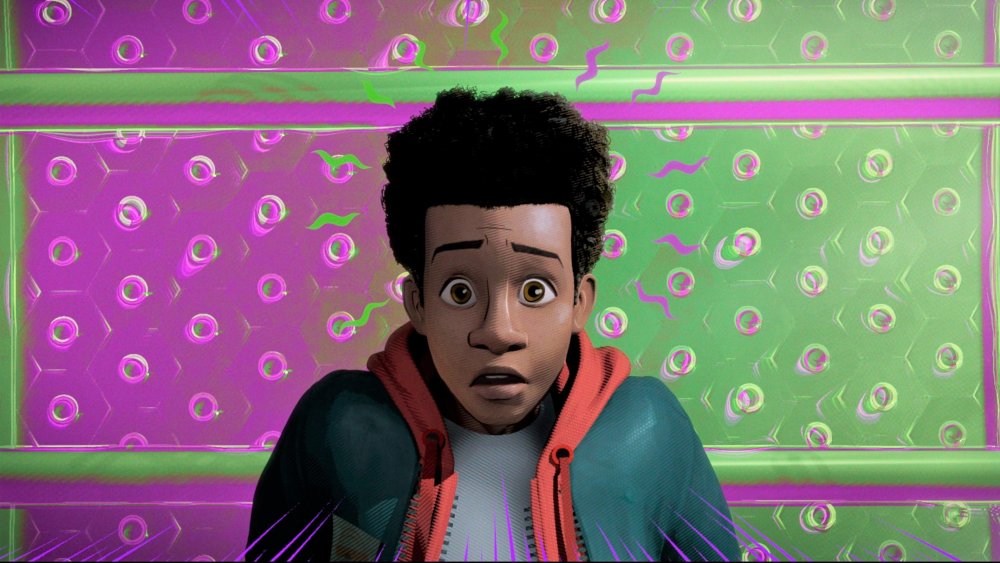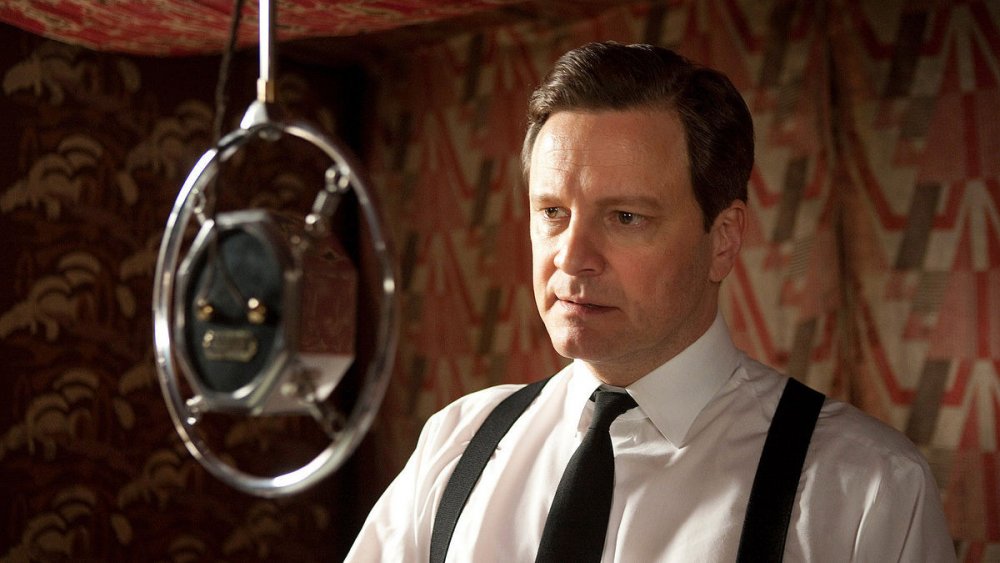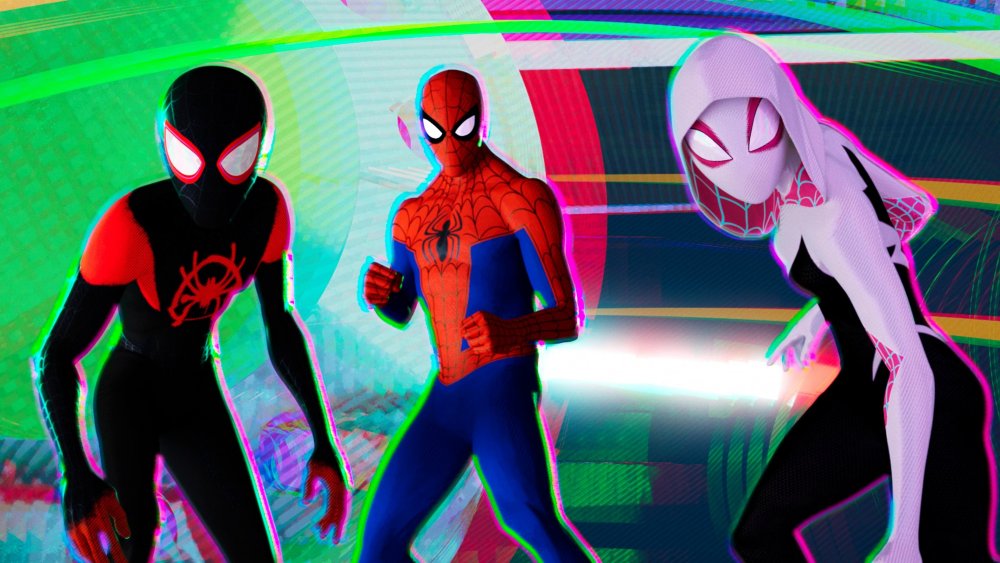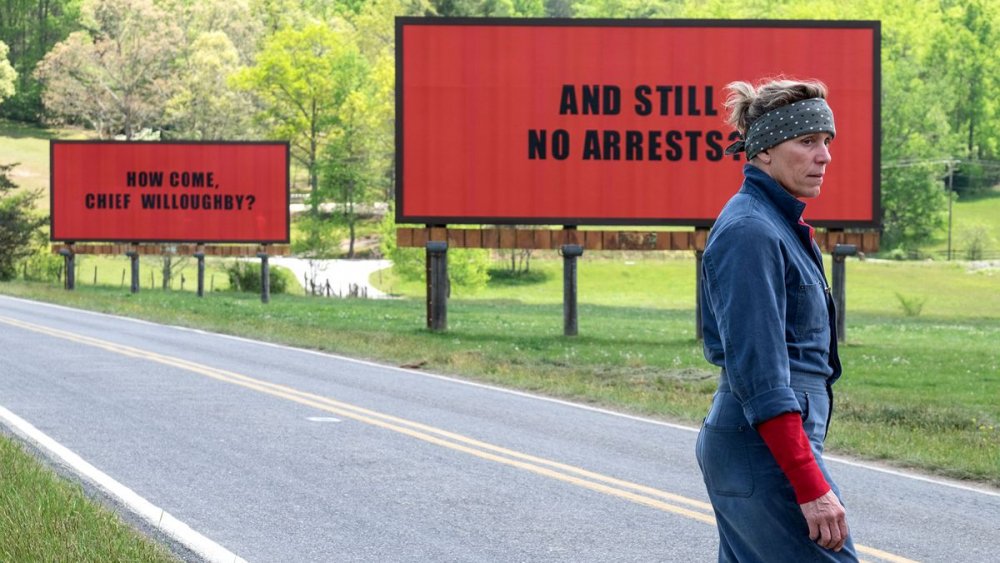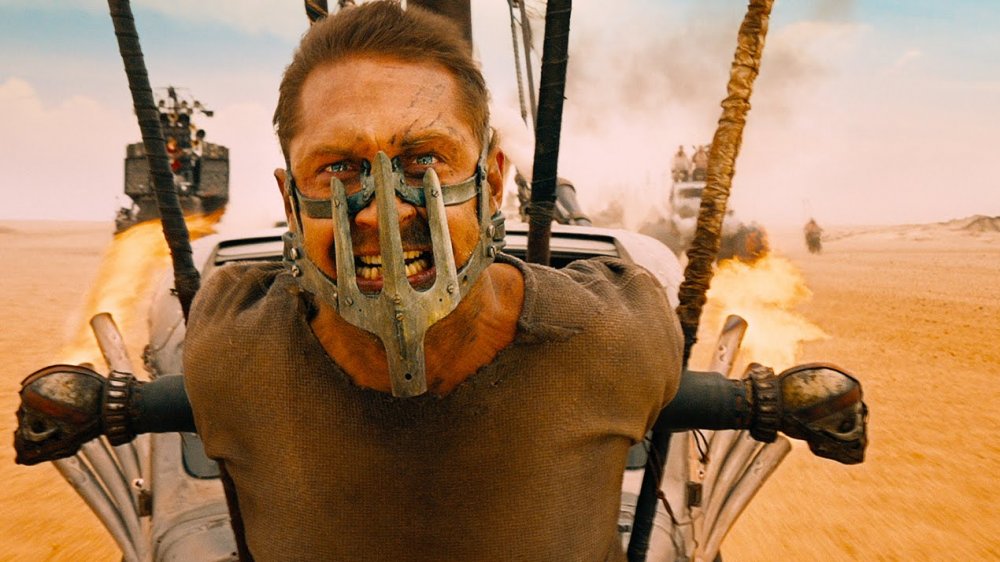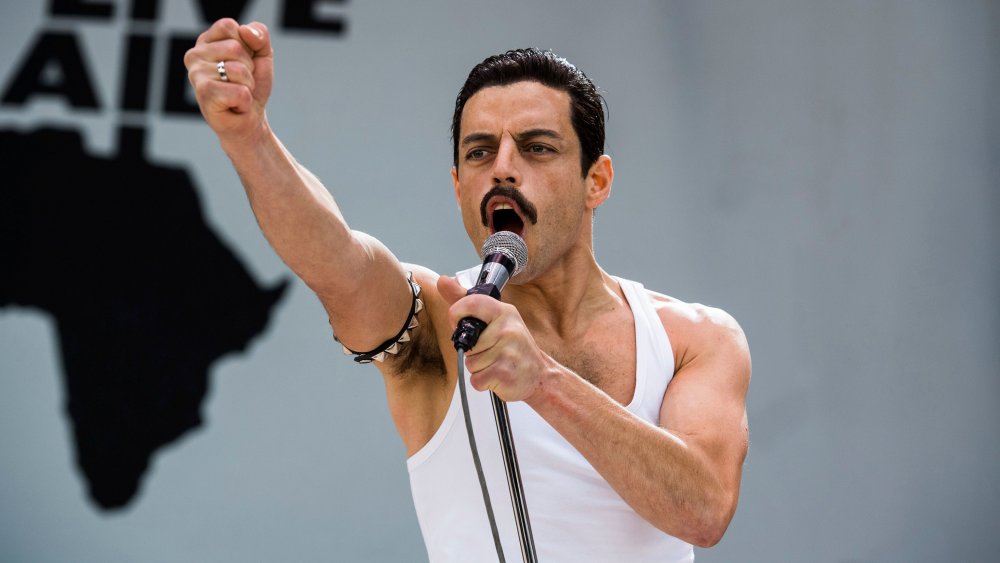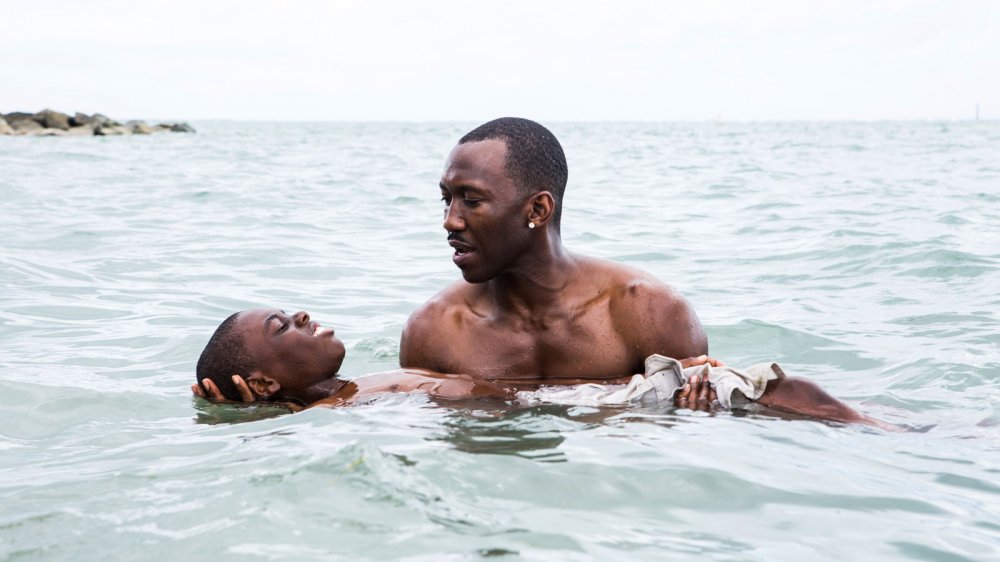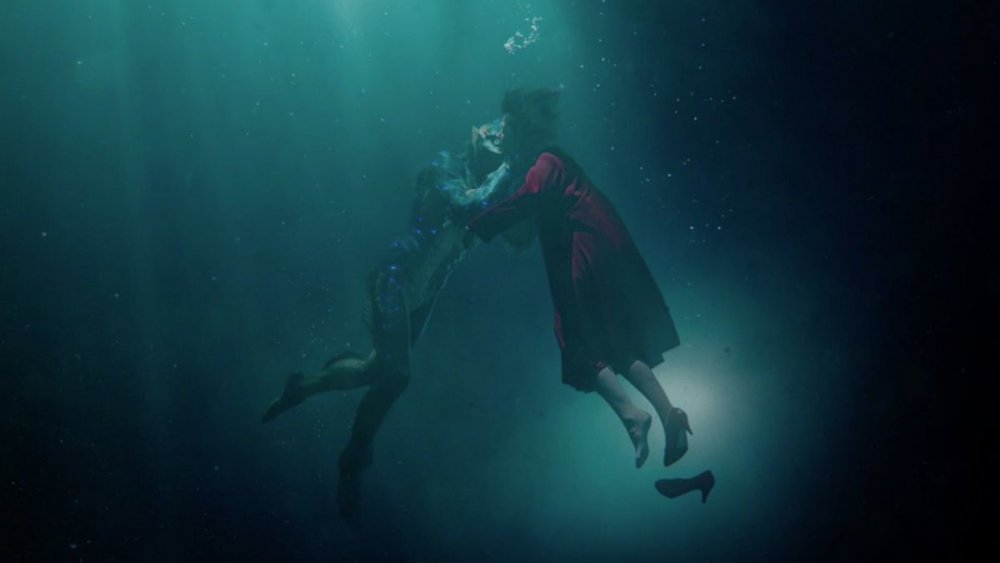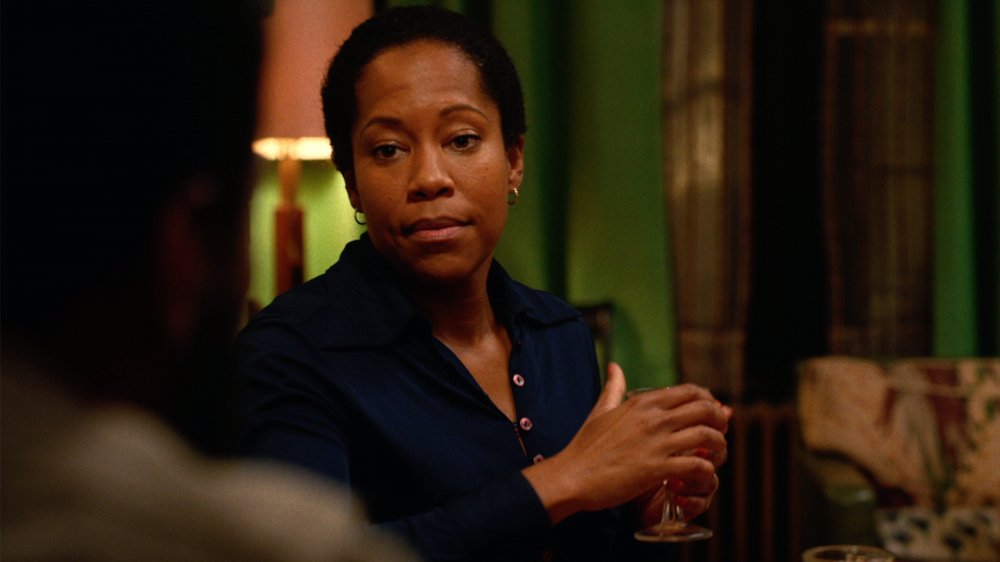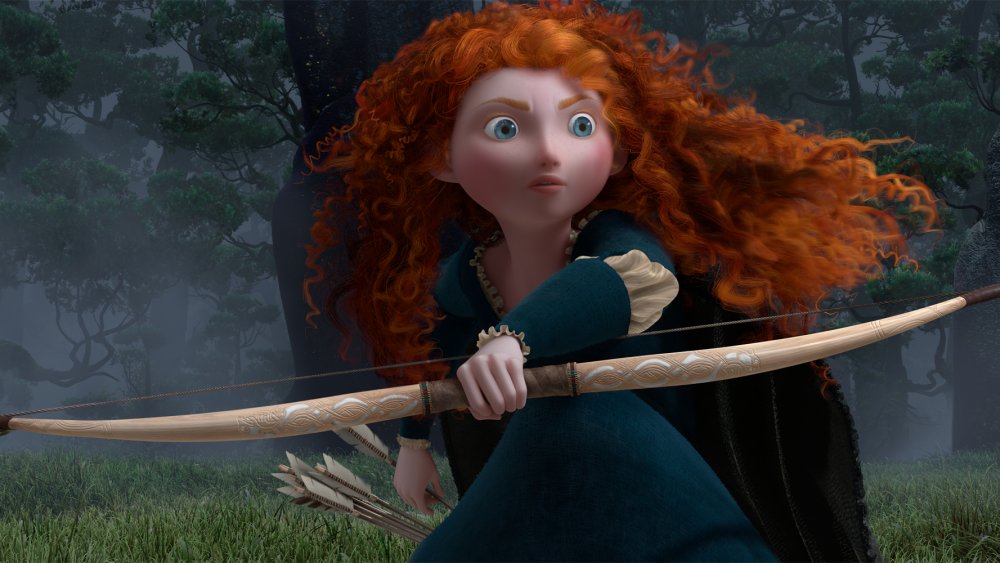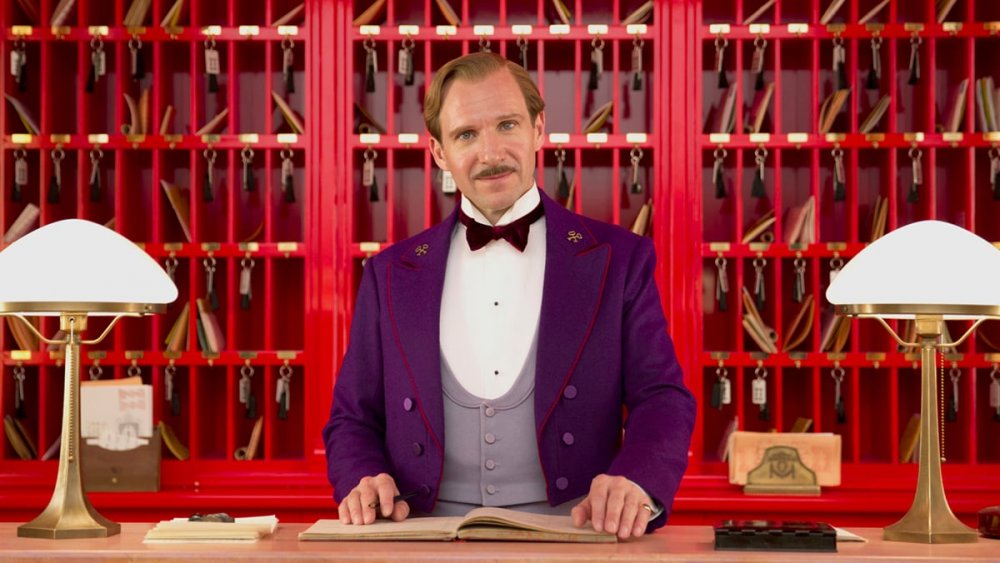Best And Worst Oscar-Winners Of The Last Decade
While the Oscars are one of the most high-profile award ceremonies in cinema — and certainly the one most familiar to the average moviegoer — that doesn't mean that a movie that's nominated for an Academy Award is automatically good. By the same token, movies ignored at the Academy Awards aren't necessarily bad. As with any awards ceremony, those eligible to vote for the Academy Awards have their own biases, preconceptions, and relationships to the movies nominated. Since you have to be in the industry (among other requirements) to vote in the Academy Awards, that usually means that the movies nominated and awarded are often the films that those in Hollywood find most valuable and reflective of how they want their industry to be perceived, for better and for worse.
As a result, we often wind up with some rather disastrous decisions that prompt discussions long after the Oscar broadcast is over. On the other hand, sometimes miracles happen, and we wind up with a truly fantastic result, one that surprises everybody and restores faith in the Academy's decision-making skills. That was especially true in the 2010s, a decade that saw some major changes in the Academy Award show itself, along with seismic shifts in film studios, popular genres, and concerns about diversity in Hollywood. All these changes led to some pretty controversial picks, as well as some feel-good moments. From underdogs taking their rightful prize to industry giants crushing worthier competition, here are the best and worst Oscar decisions of the last decade.
Worst: Tom Hooper wins the Oscar for Best Director
The Academy Award for Best Director is arguably one of the most confusing awards in the Oscars. After all, it's hard for both the average moviegoer and the industry voters to differentiate a good director from a good film. That's probably why the Best Director and Best Picture awards have been given to the same movie over 60 different times.
That's probably what happened in the case of Tom Hooper, since the director's 2010 film, The King's Speech, won for both Best Picture and Best Director. Despite some strong performances from actors you'd expect to put in strong performances, the movie's not exactly fondly remembered nearly a decade later. As for the directing, well, Hooper's use of wide-angle close-ups and his bizarre framing techniques are ... questionable. In fact, all of his competition for Best Director— David Fincher for The Social Network, Darren Aronofsky for Black Swan, David O. Russell for The Fighter, and the Coen brothers for True Grit — put in some of the best work of their careers that year. Finally, in a way, we have Hooper's King Speech win to blame for the terrifying nightmare that is Cats. We'd like to not thank the Academy for that.
Best: Into the Spider-Verse wins Best Animated Feature Film
The Best Animated Feature Film award, unfortunately, often goes to the film that the voting members have heard of, rather than the one that's arguably best. In fact, according to multiple anonymous sources at The Hollywood Reporter, plenty of voting members don't even bother to watch the animated movies unless the children in their lives want to see them. But while that often means that the Best Animated Feature Film award goes to the most popular film, occasionally a work of genuine ground-breaking art can pierce through that voter apathy.
That's what happened at the 91st Academy Awards when Spider-Man: Into the Spider-Verse took home a well-deserved Oscar. Whether you're a long-time comic book fan or the type of moviegoer that can't tell Andrew Garfield from Tom Holland, the film tapped into the core appeal of the character. With animation that looked like nothing else and a self-aware script that had plenty of heart in between the Spider-Man Easter eggs and jokes, Spider-Verse was genuinely amazing, spectacular, and sensational. Of the five films nominated, it was undoubtedly the superior film, even if Murai and Isle of Dogs were fantastic in their own right. With over half a dozen movies on the big screen and countless cartoon adaptations on television, Spider-Verse proved itself to be the ultimate encapsulation of everyone's favorite friendly neighborhood Spider-Man.
Worst: Three Billboards takes the Best Supporting Actor and Actress awards
It's not out of the ordinary for a particularly contentious film to receive Oscar recognition despite, or even because of, the various arguments surrounding the movie. Just think of the controversy surrounding Green Book's nomination and subsequent win in 2019. In the case of Three Billboards Outside Ebbing, Missouri, critics and audiences were split on whether the third feature film directed by Martin McDonagh (In Bruges, Seven Psychopaths) was a tired rehash of inaccurate tropes about middle America or a complex glimpse at racism and guilt.
The conversations about Three Billboards quality didn't really extend to its stars. Frances McDormand and Sam Rockwell are both phenomenal actors who've put in wonderful work over the decades, and whatever flaws Three Billboards had wasn't their fault. Still, it's hard to argue that Rockwell and McDormand are putting in truly Oscar-worthy performances. Both actors are far better in plenty of other movies. The worst Academy Award wins are the ones that feel like an apology for past snubs, and Rockwell's and McDormand's wins felt exactly like that.
Best: Fury Road sweeps the technical Oscars
Genre films don't tend to attract the sort of Academy Award attention that period pieces about British royalty or the magic of cinema do. Considering that most of the genre pictures that could be defended as Oscar-worthy also make more money at the box office than most of the Best Screenplay nominees combined, it more or less shakes out. One area where genre pictures tend to do well is in the technical categories, where impressive visual effects, weird character designs, and otherworldly sound effects can get their due. The 88th Academy Awards saw Mad Max: Fury Road scoring six Oscars altogether, winning Best Film Editing, Best Production Design, Best Costume Design, Best Makeup and Hairstyling, Best Sound Mixing, and Best Sound Editing.
Anyone who saw George Miller's return-to-form action epic would be hard pressed to disagree on any one of those wins. After all, Fury Road is a practically flawless movie, and it still stands as a ludicrous achievement in filmmaking — an achievement not only in terms of filmmaking skill, but also an achievement in that it was created with zero fatalities. If we had to acknowledge one particularly noteworthy award that Fury Road won, it would have to be the Best Editing award for Margaret Sixel's outstanding work. Even with the world of the film perfectly realized by the cast and crew, Fury Road remains such an eminently watchable and easy-to-follow movie primarily because of her editing style.
Worst: Bohemian Rhapsody wins Best Editing
To the average moviegoer, and even the occasional Oscar voter, it's not always clear what good editing is in a movie. Put simply, the editor — usually with some level of input from the director — is in charge of putting the shot footage in the proper order. There's obviously more to it than that, since editors are usually credited with knowing when to pull back on a director's more indulgent desires. (Consider how long Quentin Tarantino's films became on average after the untimely death of his long-time editor, Sally Menke, following the release of Inglourious Basterds.) A good film editor also knows when to use particular "coverage," meaning that they know when to cut between different takes of the same scene. A great editor can make a conversation feel as if it's happening right in front of the camera, when in fact, the actors might not even have been on set on the same day.
All that context is necessary to understand how baffling it is that John Ottman won the Best Editing Award for his work on 2018's Bohemian Rhapsody. A moment in which the members of Queen meet with John Reid went viral for how many obvious cuts there were in such a simple scene. Even if you've got a shaky grasp on film terminology and editing, it's actually hard to focus on the sequence once you realize what's happening. Ottman himself even agreed with the criticism, telling The Washington Post that he was embarrassed about the scene.
Best: Moonlight wins the Oscar for Best Picture
There's a reason that "Oscar bait" exists as a term in film, and it's not because the Academy likes to award a wide variety of diverse films its highest honor. It's because in the absence of a truly, inarguably fantastic film (and even in years with one), the Best Picture Award tends to go to stuffy period pieces about important historical moments. There are always exceptions, but generally, it's movies about tragedy or the healing power of cinema that tend to win the Best Picture.
When 2016's Moonlight won Best Picture (after an unfortunate accident led to La La Land briefly getting named instead), it was genuinely unlike anything that came out all year. A coming-of-age story following the life of a gay, black man in Miami, Moonlight could've been overly sentimental or marinated in the tragedy of the difficult life of the protagonist. Instead, Moonlight was genuinely moving, filled with shots and performances and style that no other film came close to matching. In other words, it was genuinely the best picture of the year. Not every Oscar-winning film is worth rewatching decades (or even a few years) later, but we're looking forward to watching Moonlight for many more years to come.
Worst: Guillermo del Toro wins Best Director
Before anyone gets too furious, we're not saying that Guillermo del Toro is a bad director or even that The Shape of Water is a bad film. Del Toro's a wonderful director, and while there were other great films released in 2017, it's hard to argue that The Shape of Water wasn't Oscar-worthy. However, the Best Director category for 2017 was absurdly stacked. Greta Gerwig had led Saoirse Ronan to her best performance yet in Lady Bird, Paul Thomas Anderson introduced American audiences to the exceptionally talented Vicky Krieps in Phantom Thread. Jordan Peele's directorial debut, Get Out, was a masterclass in how to direct your first feature film, and Christopher Nolan's work on Dunkirk was simply epic.
That's not even mentioning the milestones that would've been achieved if Peele or Gerwig had won — the first African-American to ever win the Best Director award and the second woman to win Best Director, respectively. It was such a crowded field that you could've chosen any director at random, and it would've been well-earned. Despite all that, del Toro's win feels less like a true consensus on who truly dazzled as the best director of the year and more like a desire to make things simple by matching the Best Director award with the Best Picture award.
Best: Regina King earns the Best Supporting Actress Oscar
Following Moonlight, all eyes were on director Barry Jenkins to see what his next film would be. Jenkins shot high, adapting James Baldwin's seminal novel, If Beale Street Could Talk, into a feature film. When it was released, it was as immediately striking as Moonlight, shot with undeniable style and somehow proving a worthy adaptation to one of the best novels in American history. Despite that, it arrived in theaters with little fanfare, making a little less than twice its budget in box office gross. Luckily, bringing attention to the movies that audiences didn't catch in theaters is one of the truly valuable aspects of the Academy Awards. If Beale Street didn't snag audience's attention, the critical consensus on its quality seemed sure to make it an Academy Award contender.
If Beale Street Could Talk was nominated for Best Adapted Screenplay, Best Original Score, and Best Supporting Actress, with Regina King ultimately winning Best Supporting Actress. For filmmakers, proven box office success usually means that they can continue making films. Failing that, an Oscar win can mean the difference between getting to make another movie or getting sent to director purgatory. King's win wasn't only well-deserved, but it hopefully means that we can continue enjoying Jenkins' work for many years to come.
Worst: Brave takes Best Animated Picture
It's a sad fact that those who actually vote on the films eligible for Academy Awards don't actually always watch all the films eligible for Academy Awards. Voters are busy people, or like to believe that they're busy people, and they simply don't always make time to watch every single film. That tends to trickle down especially hard on those films in less noteworthy categories, like Best Animated Picture. If you need proof, just remember that The Boss Baby was somehow nominated for an Academy Award.
Generally, Pixar and Disney tend to sweep this category, since their family-friendly films get such a wide distribution and widespread popularity that the average Academy voter is almost guaranteed to have heard of them, even if they didn't bother to see them. And the year 2012 was one of the most glaring examples of the best-known animated film getting the Best Animated Picture award over more stylistically intriguing films. Pixar's Brave, unlikely to land at the top of anyone's list of favorite Pixar films, beat out Frankenweenie, ParaNorman, The Pirates! Band of Misfits, and Wreck-It Ralph, not to mention those animated films that weren't even nominated. Even in the context of the films nominated, Brave's competitors had more experimental animation and narratives from nearly every angle.
Best: Grand Budapest Hotel wins the Oscar for Best Production Design
Whether you love or loathe Wes Anderson, you can't deny that the man loves production design on his films. In fact, both critical and laudatory reviews of his films tend to echo the same talking points about his tendency toward whimsy and impeccably crafted shots. He's more successfully carved out a niche building little worlds for his films than nearly any other living director. In short, you know exactly what you're getting when you put on a Wes Anderson movie, and you really only have yourself to blame if you don't like it.
It's not exactly surprising that Anderson's The Grand Budapest Hotel won Best Production Design, but it's hard to argue that the film wasn't deserving. From the mixture of dollhouse sets to the lavishly colored and lovingly shot interiors, the sets of Grand Budapest looked like the logical aesthetic end goal for a director like Anderson. Even against a film as impressive in scope as Interstellar, there was simply no argument that any other film deserved this award.
